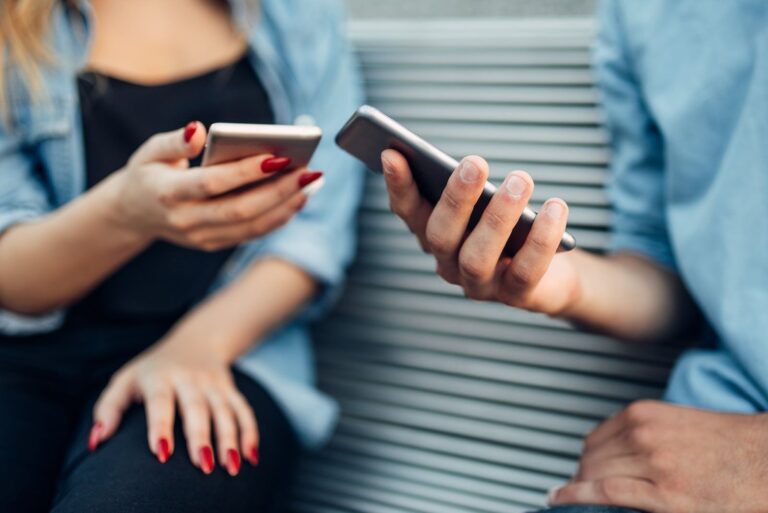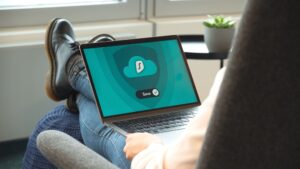A VPN, or virtual private network, is an essential privacy tool for computers. But what about mobile phones? Does it make sense to use a VPN on your phone?
In this article, we will discuss the benefits of using a VPN on your phone, and we are also going to look at the downside of doing so. We will also provide a few tips on how to get the most out of your VPN experience if you decide to use one.
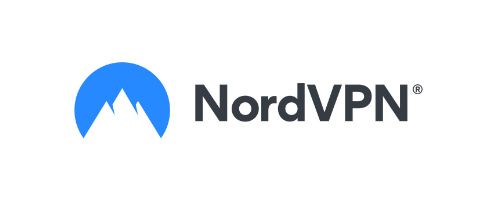
NordVPN Special Deal
Get VPN protection from NordVPN, one of the most reliable VPN companies in the world, for just $3.99/month!
✅ Possibly, the best Double VPN implementation.
✅ Over 5000 servers in 60 countries.
✅ VPN split tunneling support.
1. What do VPNs protect on a phone?
Most people use their phones for social media, email, and online banking. That means our phones contain a lot of personal information. A VPN encrypts your data and protects your privacy when you’re using public Wi-Fi or cellular networks.
A VPN will protect everything you transmit over the network, including your passwords, bank account information, and social media posts.
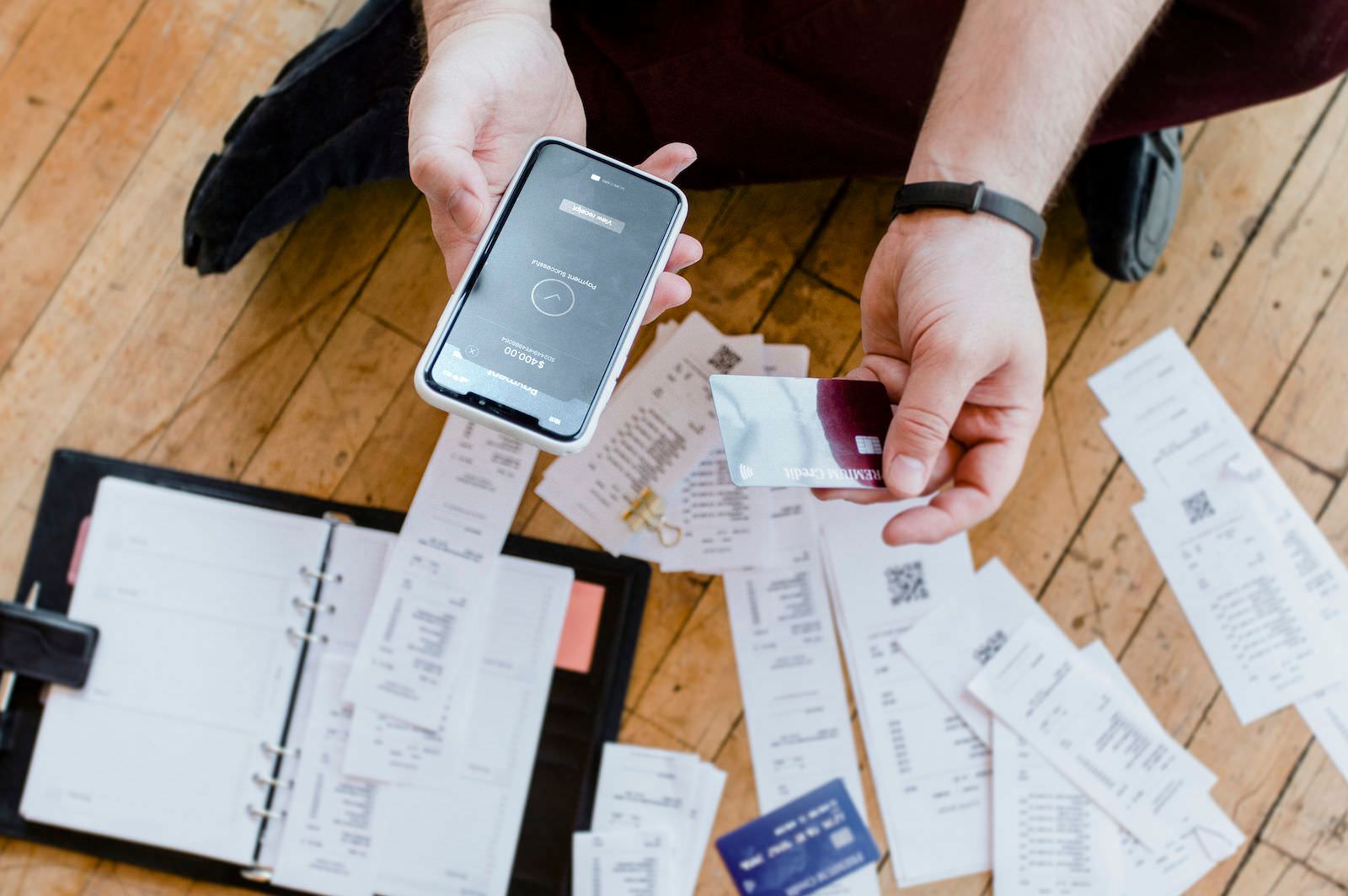
2. What are VPNs unable to protect against on a phone?
VPNs are useful for preserving your privacy, but they are not a miracle cure, and they will not protect you from everything.
For example, if you have apps installed on your phone that track your location using your device’s sensors, then a VPN will not be able to stop that tracking.
Moreover, a VPN will not be able to protect you from malware and other security threats. You still need to use caution and common sense when using your phone, even if you have a VPN installed.
Recommended VPNs


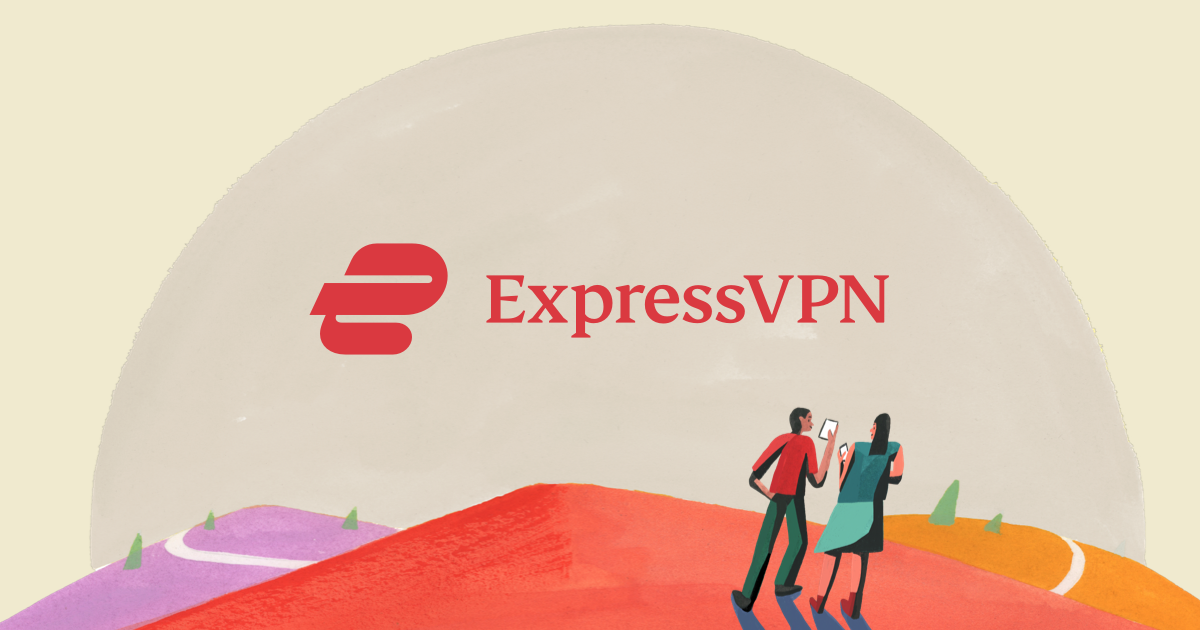
3. Do VPN apps consume battery?
Yes, using a VPN on your phone will consume battery power. However, most modern phones are designed to handle the additional battery drain of a VPN without any problems.
If you are concerned about battery life, you can always turn off your VPN when you’re not using it.
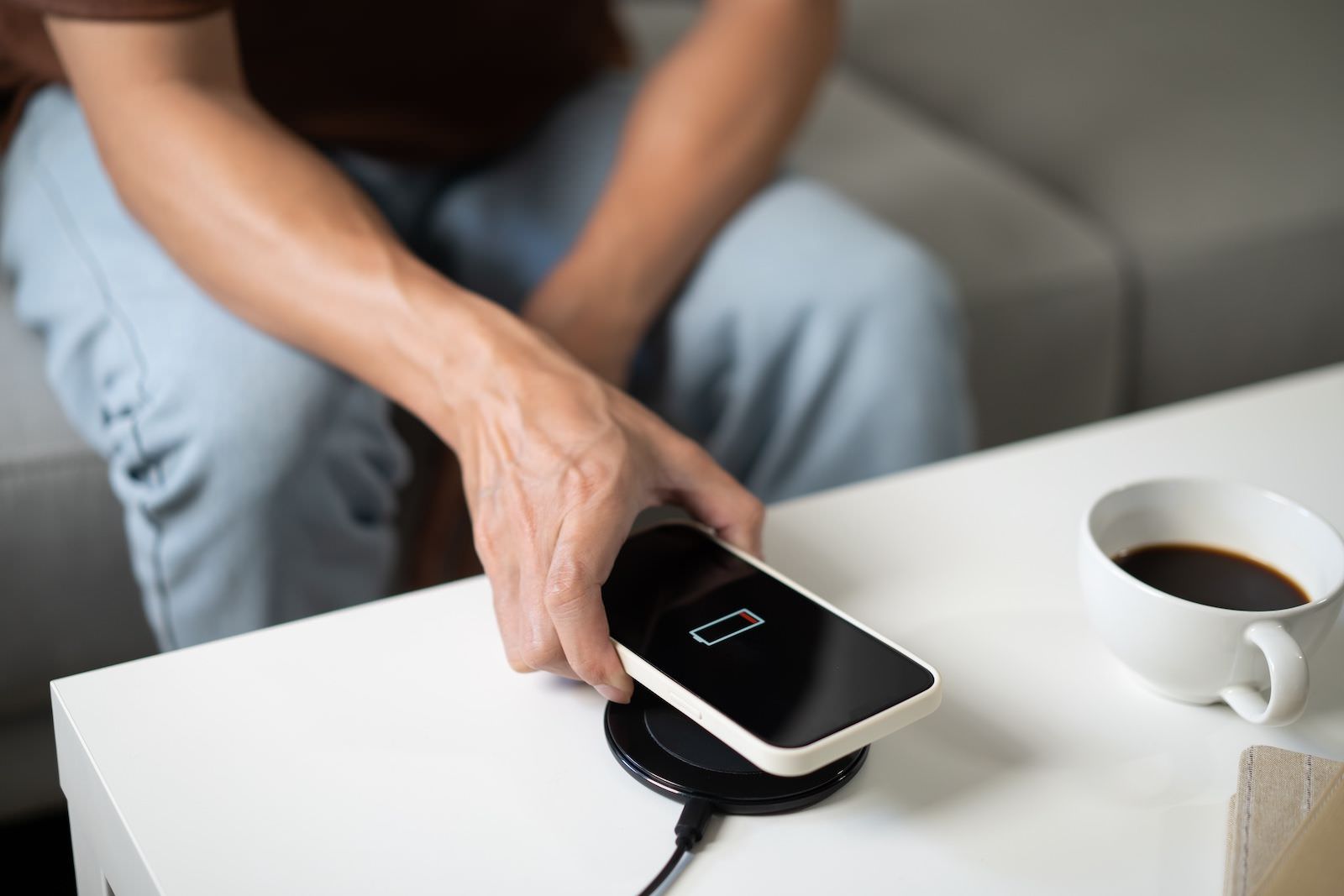
4. Does VPN affect phone calls?
Some people are concerned that using a VPN on their phone will impact their ability to make calls. This is not usually the case, but there can be exceptions.
There are two types of calls you can make using a mobile: regular calls and VoIP calls.
If you are making a regular call, then the VPN will have no impact on your call quality. However, if you are making a VoIP call (such as through Skype), then the VPN may reduce your call quality.
However, with the reduction of quality you get an additional layer of security, so it is a trade-off that you will have to decide whether it is worth it to you.
5. Can a VPN help you bypass any data caps?
Many people think that by using a VPN they will be able to bypass data caps and use more internet that the allotted data from their phone company.
However, this is not true. There is not much of a reduction in the size of data when it is encrypted, and you will still use the same amount of data as you would without a VPN.
Because the VPN app needs to be always connected to the internet, you will increase your internet usage, not decrease it.

6. Do VPNs stop hackers?
VPNs are not a cure-all for security threats, but they can help to protect you from some of them.
For example, if you have a VPN installed on your phone, then it will be more difficult for someone to hack into your device and steal your data. But this only applies if your VPN connection is active.
However, keep in mind that there is no such thing as a completely secure system, and even with a VPN installed, you should still use caution when using public Wi-Fi or sharing sensitive information.

The Best VPN Deal You Can Find Anywhere!
Get a VPN that lets you use an unlimited number of devices, offers amazing security features and has an unbeatable offer!
82% off + 2 Months Free
- Unlimited Devices
- Ad & malware blocker
- Cookie pop-up blocker
- Two-Factor Authentication
- 24/7 support
- $2.49/Month!
7. Does VPN block YouTube ads?
Typically, YouTube ads are not blocked by VPNs since they do not filter your internet traffic; they just encrypt it. However, there are different types of VPNs, and some of them may be able to block YouTube ads.
To block ads in general, it is a much safer and effective idea to use an ad blocker. This will not only block YouTube ads, but ads on any website you visit.
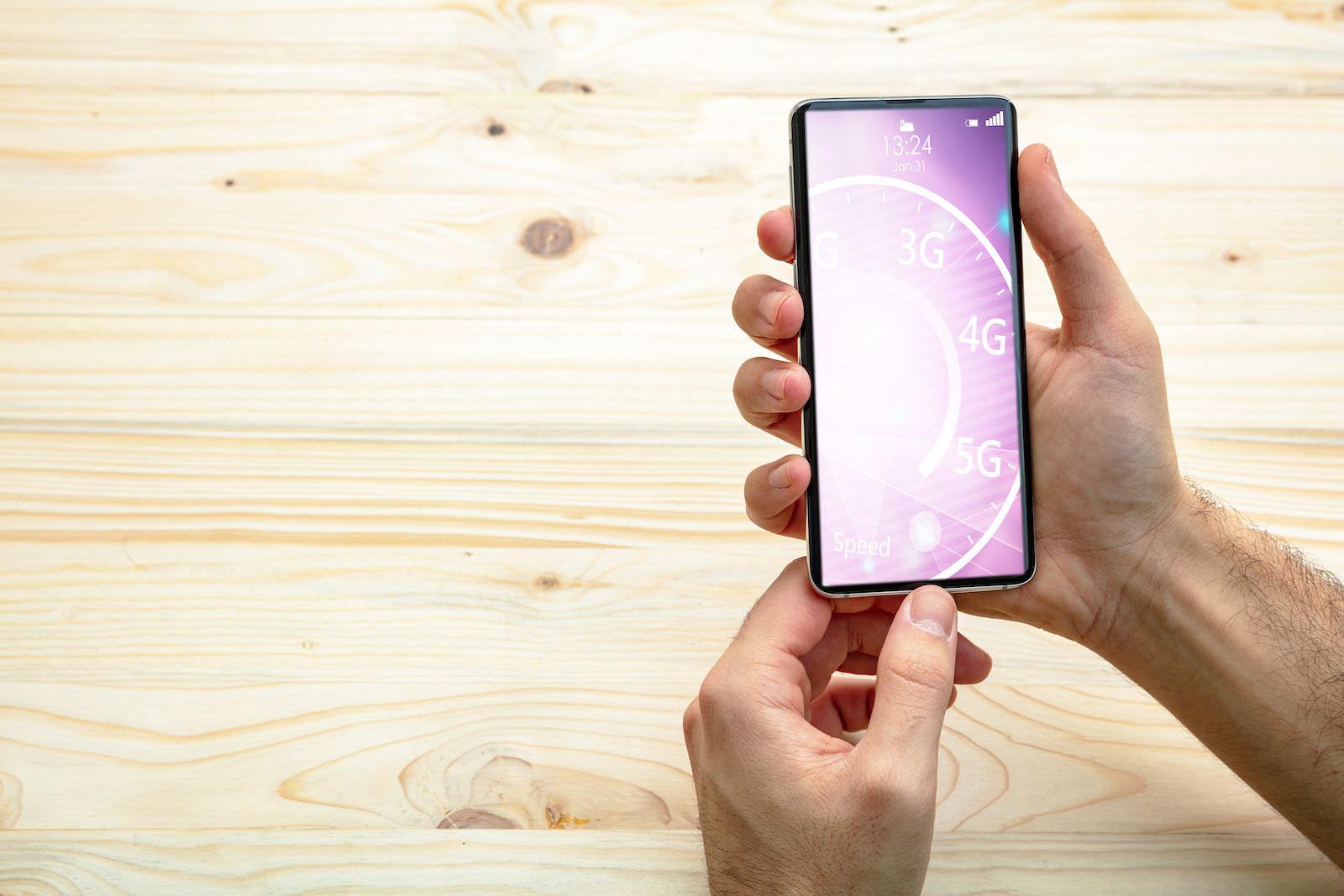
8. Do VPNs improve the internet speed?
Numerous people think that using a VPN will help to improve their internet speed. Still, this is not always the case. If you are using a VPN to connect to a server that is far away, then it will take longer for your data to reach its destination.
This is because the data has to travel a greater distance when you are using a VPN.
However, if you are connecting to a server that is close by, then you may actually see an improvement in your internet speed.

Special offer for our readers – 3 Months Free!
Get the best rated VPN service in the world with a special offer just for the readers of PrivacyTutor!
9. Do VPNs bypass data throttling?
Throttling is when your internet service provider (ISP) deliberately slows down your internet connection for various reasons. They may do this if you are using too much data or if they want to reduce congestion on their network.
Unfortunately, there is no easy way to bypass throttling. If you are using a VPN, then your ISP may throttle your connection even more since they will think you are trying to hide something.
The best way to avoid throttling is to use a service that does not throttle data in the first place.
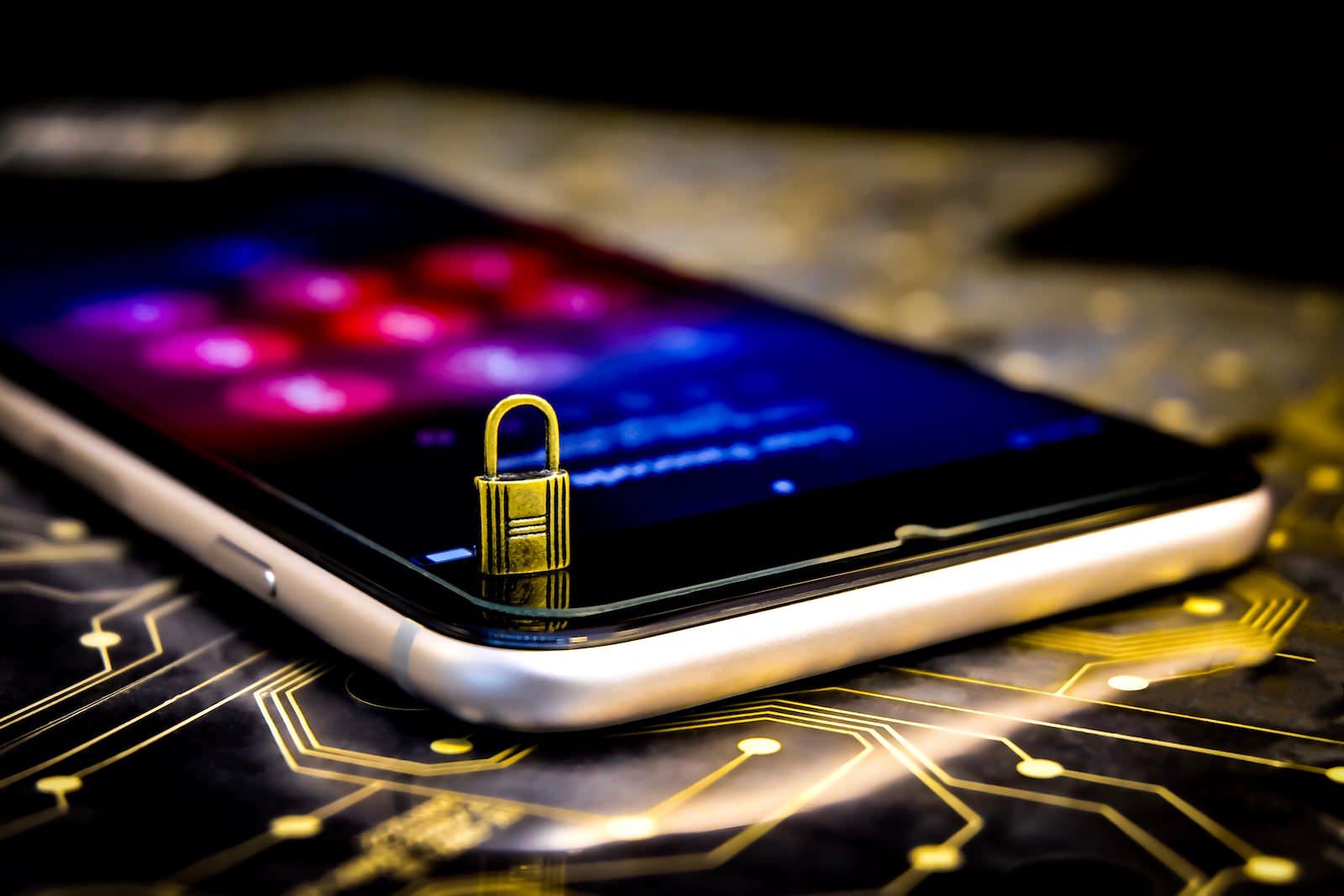
Bonus Tips for using a VPN on a phone
If you decide to start using a VPN on your phone, there are a few things you should keep in mind.
1. Test different VPNs before settling for one.
Not all VPNs work the same on every device, so you may have to try a few before finding one that works well for you. There are countless variables when it comes to VPNs: your location, your internet speed, the type of phone you have, etc. – so it is important to find one that works well for your specific situation.
When testing different VPNs, pay attention to factors such as speed, security, and ease of use.
Moreover, keep in mind that free VPNs are often not as good as paid ones, so you may want to invest in a good, reliable VPN.
2. Alternate the VPN servers you are connected to from time to time
After you settle on a VPN that you like, it is a good idea to alternate the servers you are connected to. This will help to keep your connection fresh and prevent your ISP from throttling it.
It is also a good idea to connect to different types of servers (US, UK, Canada, etc.), as this will give you access to different types of content.

Special VPN Deal
Get VPN protection from NordVPN, one of the most reliable VPN companies in the world, for just $3.99/month!
3. Explore different types of VPN protocols
All VPN services that I am aware of let you customize the type of VPN protocol you use. The most common protocols are OpenVPN, WireGuard, and IKEv20.
Each protocol has its own advantages and disadvantages, so it is worth taking the time to experiment with each one to see which works best for you.
I would also recommend doing some research to find out which one is best for your needs.
For example, if you require a VPN for gaming, then you will want to use a different protocol than someone who requires a VPN for browsing the web.
4. Make sure your VPN app is up-to-date
Like all apps, VPNs are constantly being updated with new features and security improvements. It is important to make sure that you have the latest version of your VPN app installed on your phone.
This will help to ensure that your data is as secure as possible and that you are getting the most out of your VPN service.
5. Provide feedback and reach out to developers
If you are not happy with a VPN app or service, the best thing to do is reach out to the developers and provide feedback.
This will help them to improve their products and make sure that everyone is getting the most out of their VPN experience.
6. Don’t let the guard down when using a VPN app
Even though a VPN app can provide a high level of security, it is essential to remember that it is not 100% foolproof.
Always be mindful of what you are doing online when using a VPN, and remember that online privacy is a multi-faceted issue.
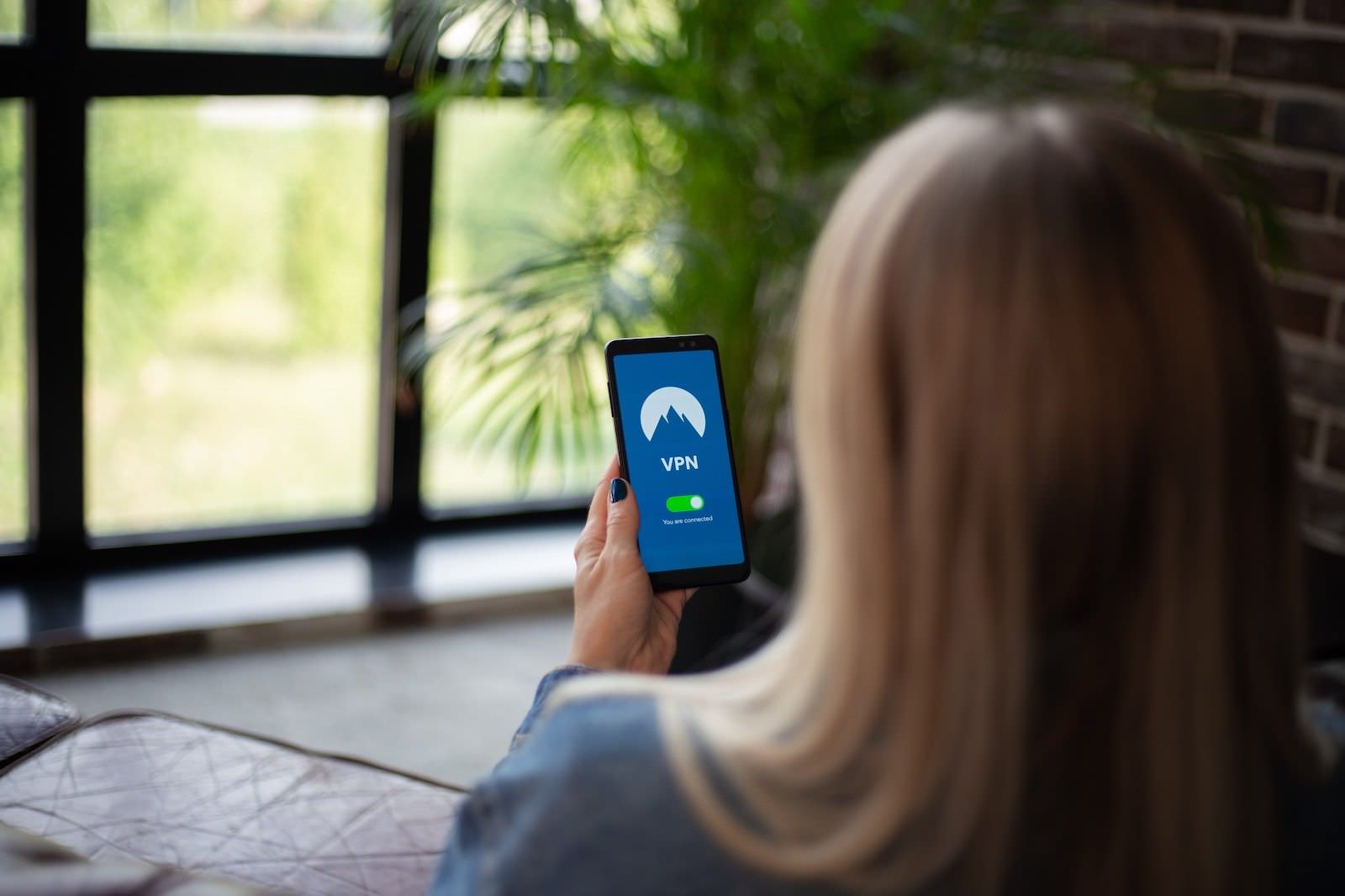
Does it make sense to use a VPN on your phone?
The decision to use a VPN on your phone is ultimately up to you. If you are concerned about privacy and security, then a VPN is a good idea.
VPNs on your phone can be a great way to improve your privacy and security, but they can also be a hassle to set up and use. If you decide to use a VPN on your phone, make sure to do your research and choose a reputable VPN service. Moreover, be sure to keep your VPN app up-to-date for the best experience.

Special offer for our readers – 3 Months Free!
Get the best rated VPN service in the world with a special offer just for the readers of PrivacyTutor!

